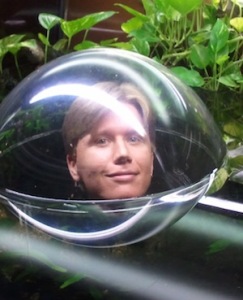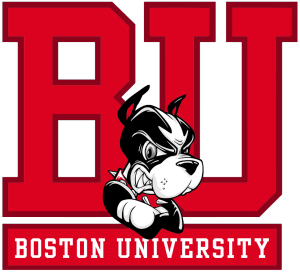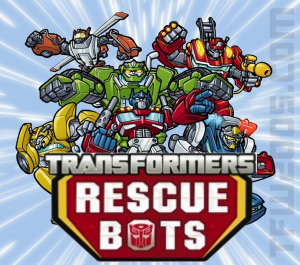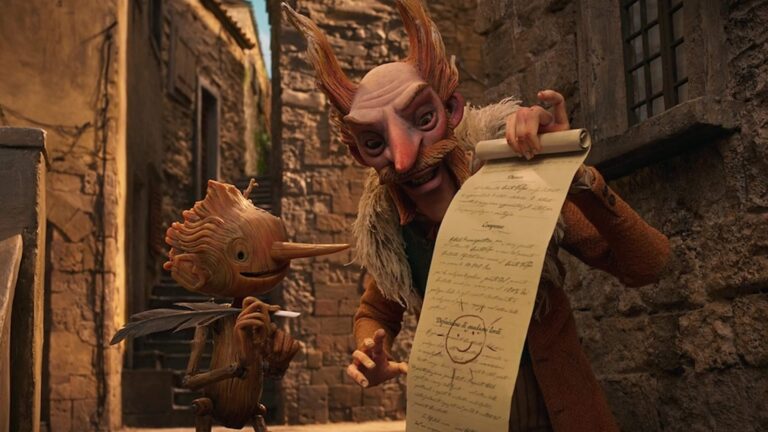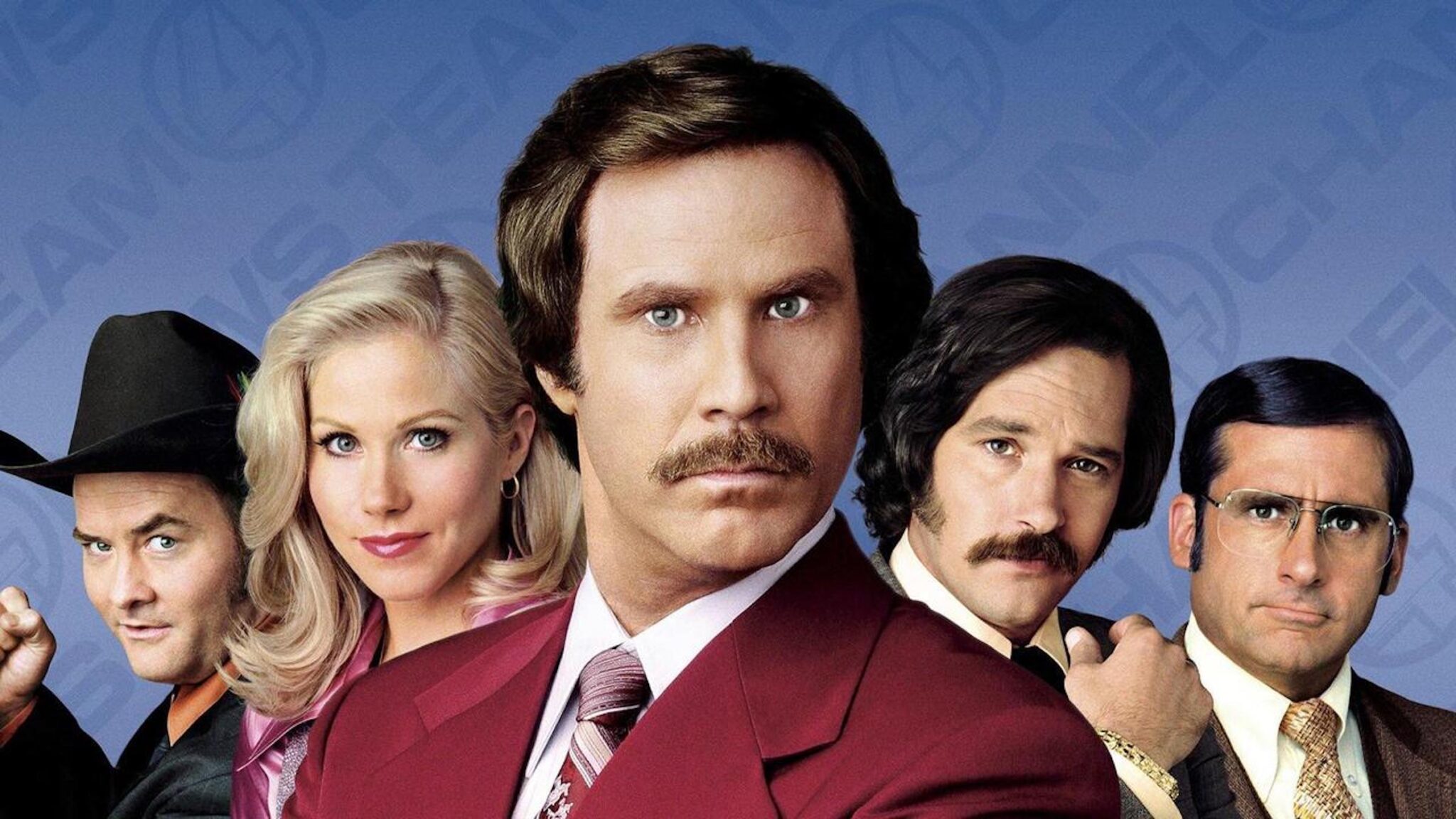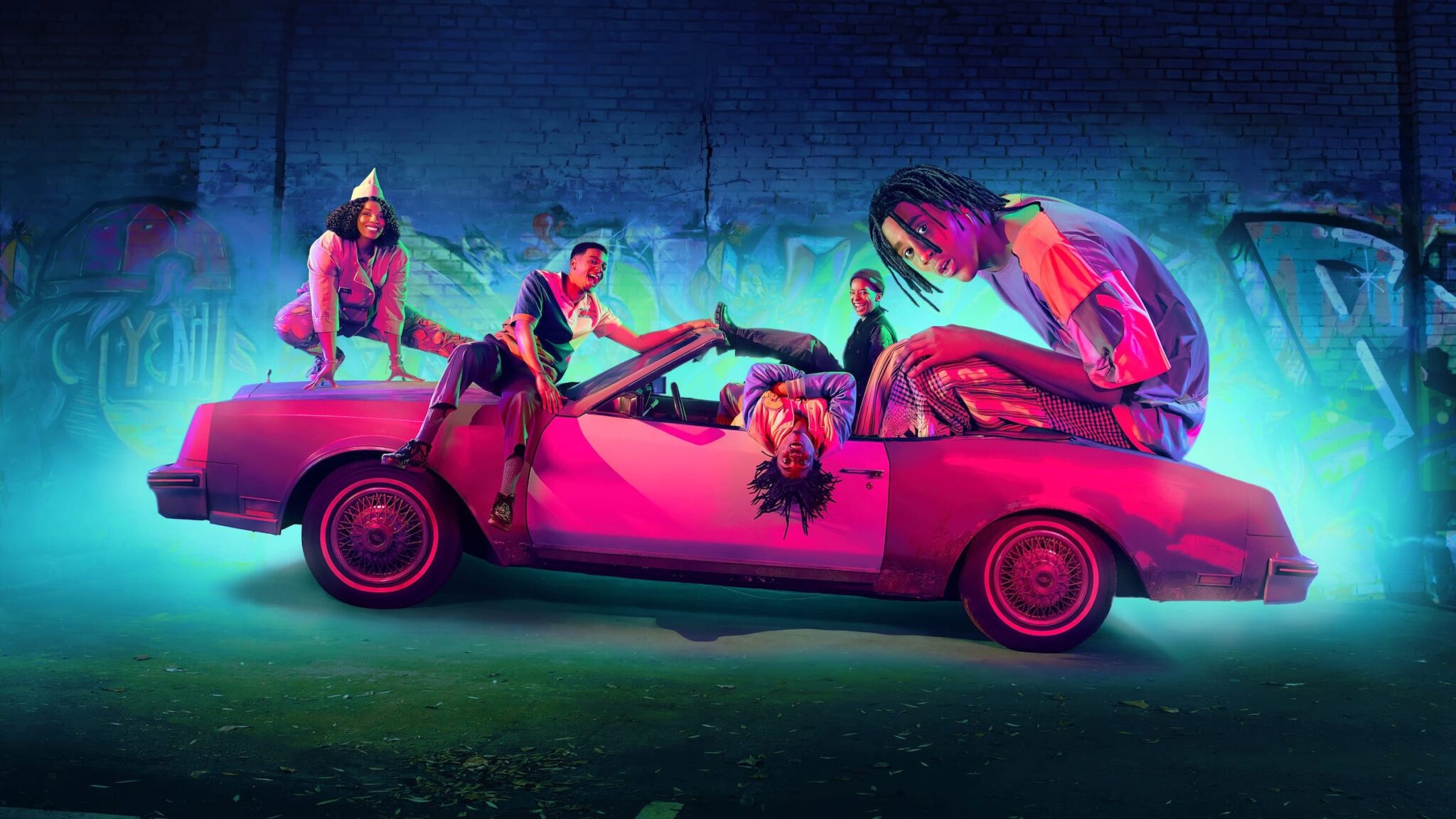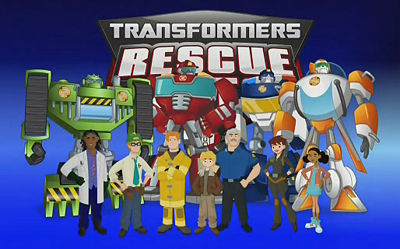
Zac Atkinson is a screenwriter on the TV show Transformers: Rescue Bots. He's an L.A. resident obsessed with robots, gnomes, and flannel shirts. He's an avid blogger, writing movie reviews, travel details, and the occasional friendly rant. He's active on Twitter but spends most of his days writing, rewriting, and working on new material.
- What inspired you to become a writer?
I became a writer in a rather sideways fashion. I originally went to college as an electrical engineering student because I wanted to invent things. I wanted to be an Edison, a Tesla, or a Musk. Unfortunately, I didn’t find the engineering courses or job prospects to be what I had hoped. Nobody ever mentioned employment possibilities with companies like SpaceX. If they had, there’s a small chance I may have stayed with engineering. Instead, I made the choice to change career paths. It was tough deciding which direction to go next, so I figured I would just do a little bit of everything by telling stories. That’s what I love about writing – you can be anyone and do anything. Storytelling is a realm of infinite possibility, similar to inventing.
- Who and/or what are some of your key influences?
I draw a great deal from my engineering studies. I find science endlessly fascinating. It’s probably little surprise that I also love science fiction. Comic science fiction is my favorite. Douglas Adams is quintessential and I’m a huge fan of all his work. The BBC comedy series Red Dwarf is another big influence that I find myself re-watching on a regular basis. I also love movies such as E.T., Jurassic Park, Fantastic Voyage, Flubber, and many others.
- What was your experience like at film school?
I’ve been to film school twice. The second half of my undergraduate experience was at the University of Texas Radio-Television-Film program. I had to finish my degree requirements in half the time as everyone else, so it all went by very quick. There was always a feeling of having missed out on things because most of my fellow students had planned to work in film or television since they were teenagers or younger. I worked hard to catch up and fortunately the UT program is strong.
That feeling of missing out lingered, however, and that’s why I decided to go to graduate school. The Boston University MFA program was great. I was in the screenwriting track with an incredibly strong group of students. With the help of some wonderful professors, we all lifted each other to work harder and be better. We were all passionate and invested in becoming professional level screenwriters. A lot of us became great friends and still stay in touch. There’s something to being in a group with a focus such as that. The best educational experiences I’ve ever had were in that program.
- Did you Intern in LA? What were some of your early jobs?
As the last part of my graduate school experience, I did a semester in LA through Boston University and interned with Hasbro Studios. It was a crash course in animation TV production and it lead to my first production assistant job at the studio. There’s no way I would be where I am today without that internship. Prior to LA I’ve held a number of jobs including making sandwiches and working customer service in retail. I’ve always been allergic to unemployment.
- How did you get your Job on Transformers: Rescue Bots?
Probably through a bit of hard work and good timing, but mostly because of Jeff Kline. He’s an executive producer of many well-known animated series, notably the Emmy-winning Transformers: Prime. Since the day I started with Hasbro Studios, Jeff knew I wanted to be a screenwriter. When he started up production on Transformers: Rescue Bots, Jeff offered me a job as the show’s script coordinator. It was my first chance to work directly with professional screenwriters and I made sure to do everything I could to make the most of it. Eventually, the show’s writers – Brian Hohlfeld, Nicole Dubuc, and Greg Johnson – gave me a chance to write an episode. The entire Rescue Bots creative team is amazing and I’m incredibly fortunate to call them mentors and, more importantly, friends.
- What does the writer’s room look like on a show like Rescue Bots?
Generally speaking – small. Most children’s animated shows have a lean writing staff, anywhere from one to three people is common. Once in a while you’ll find a bigger room. There’s always a head writer, who is also often a producer or creator of the series. Then there is usually a story editor or two and occasionally there are one or two staff writers. That’s it. What this amounts to is that there are always a number of freelance writers hired to help write a series.
Because of the freelance writers, we tend to have a few big story-break meetings throughout a season. These can be long days where we hear pitches from the staff and a few freelancers that come in just for the meeting. These gatherings are great because that’s where we come up with an amazing number of ideas for potential stories. We also have more frequent one-on-one meetings with the individual freelance writers to breakdown their specific episodes.
- What does the typical season look like writing for a children’s animated TV show?
A full season of a children’s animated series is usually considered to be 26 half-hours. There are other common variations such as 52 11-minute episodes. All told, that is a lot of stories and it usually takes the better part of a year to write.
We go through all the same steps as any TV series for each episode – premise, outline, drafts – and each step must go through approvals by the usual group of creatives and executives. Then there is an extra layer of broadcast standards from the FCC because our content is intended for children. There’s a reason you always see characters wearing seatbelts and helmets in kids cartoons. Some shows also have a teaching component and must work with education consultants.
The rest of the details depend heavily on the specific show. Some shows ‘reset’ for each episode and others have season long story arcs. On Transformers: Rescue Bots we do a bit of both. The episodes tend to be stand-alone, but we also build out ongoing continuity with recurring bad guys and guest characters.
- What’s the most important thing you’ve learned since you began writing?
Be yourself. It seems like we all go through moments of trying things out as writers. That’s a good and necessary thing. But ultimately, we just have to be who we are and let that shine in our work.
I remember in college, everyone I knew was trying to write gross-out sex comedies or extremely dark thrillers. I even gave it a shot – and I failed miserably. That’s just not who I am on the page. Then I wrote a coming of age spec and it was the best thing I’d done up to that point. I also started to put some of my science interests and knowledge into my writing with a positive result. It took some time, but I realized that family-friendly stories and science fiction tales are who I am as a writer. To me, that’s what it is to find your voice – to just be yourself on the page.
- What other projects do you have or are you working on?
I just finished co-writing a series of shorts with a friend. It’ll be a while before it’s all animated and ready to watch, but they were piles of fun. Writing shorts was a new challenge. It really pushes your writing muscles in a different way. I’d love to do more of those at some point. I think the shorts will end up online, which is a fascinating place of possibility for storytelling.
I recently finished a sci-fi procedural pilot that I’m excited about. The show follows a claims investigation team who works for a giant corporation that literally insures anything. If your car ever does transform into a robot and go on a rampage, this is the crew that can help you… as long as you have a comprehensive auto policy.
I’m also considering producing my own comic sci-fi web series about a couple friends that work for a high-tech conglomerate and inappropriately ‘borrow’ various prototypes from the office. Everyone says making a shoestring-budgeted online show is fun, but you have to be nuts to do it. We’ll see how my sanity holds up.
10. What’s the best piece of advice you were ever given?
At a party several years back, I met a couple of screenwriters through a friend. They were peers, had come up together, and were both excellent writers. But while one of them had grown a stable and successful career, the other often struggled to stay employed at all. My friend mentioned that the struggling writer often had lots of problems brining him down: the flu, a parking ticket, kids in trouble at school, etc. It was then that I realized what my friend was trying to tell me: we all have a choice when it comes to these personal troubles – they can get in the way, or we can roll with the punches and still accomplish our goals.
Don’t let anything become an excuse. A bad day or a bad moment doesn’t have to define you or keep you from your dreams. If you want to write, then write in spite of any trouble life throws at you.
Tags
Get Our Screenwriting Newsletter!
Get weekly writing inspiration delivered to your inbox - including industry news, popular articles, and more!

